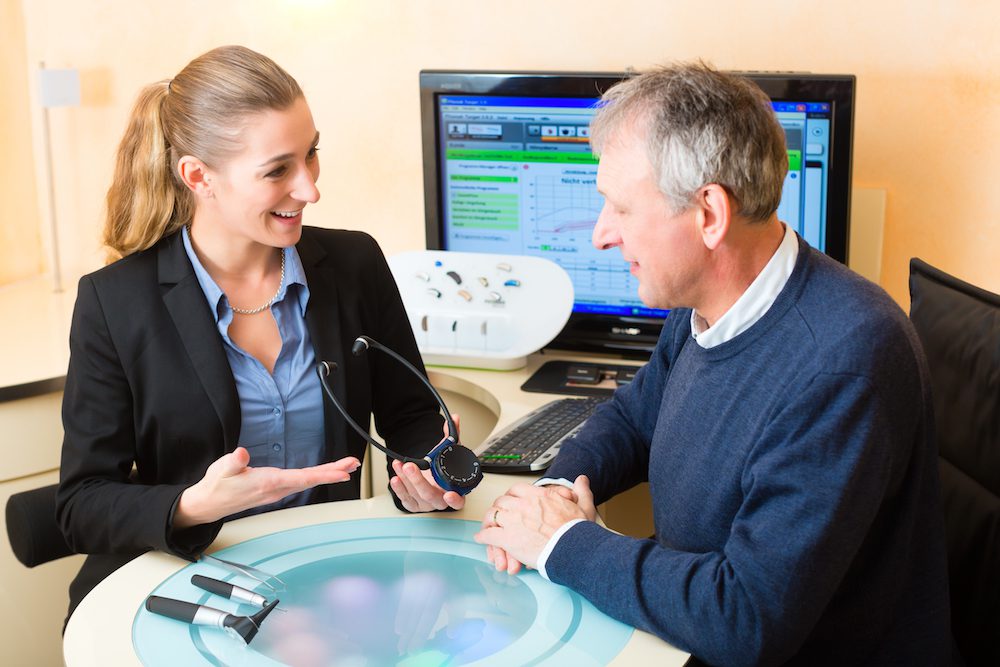How Pets Can React to Hearing Loss in Their Owners
Many people notice that pets are quick to sense changes in their owners’


Many people notice that pets are quick to sense changes in their owners’

Hearing aid technology is moving forward quickly, bringing real

Hearing aid technology in 2025 is designed to fit more seamlessly into